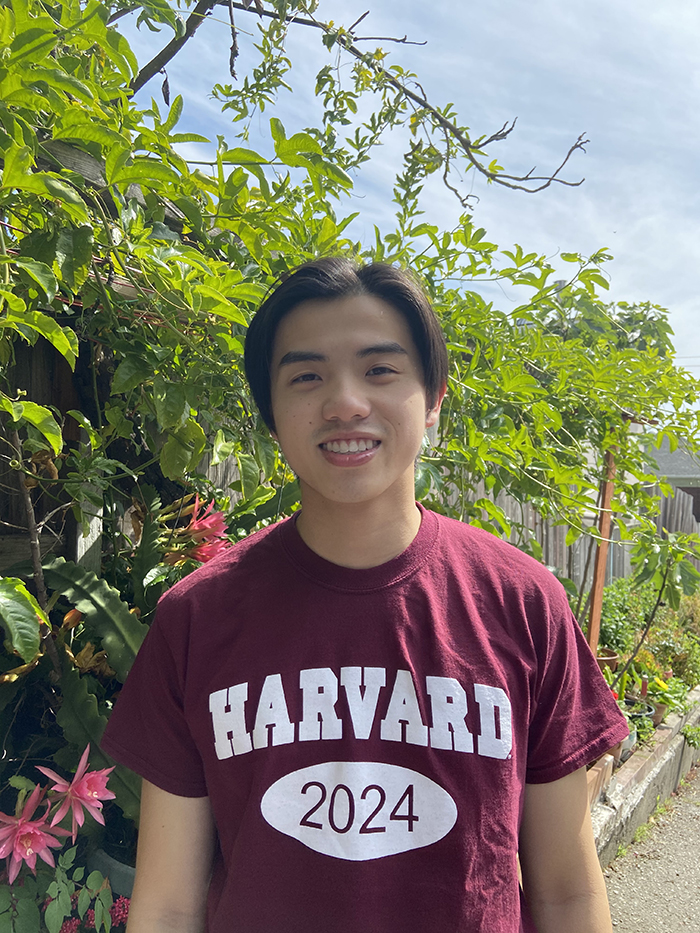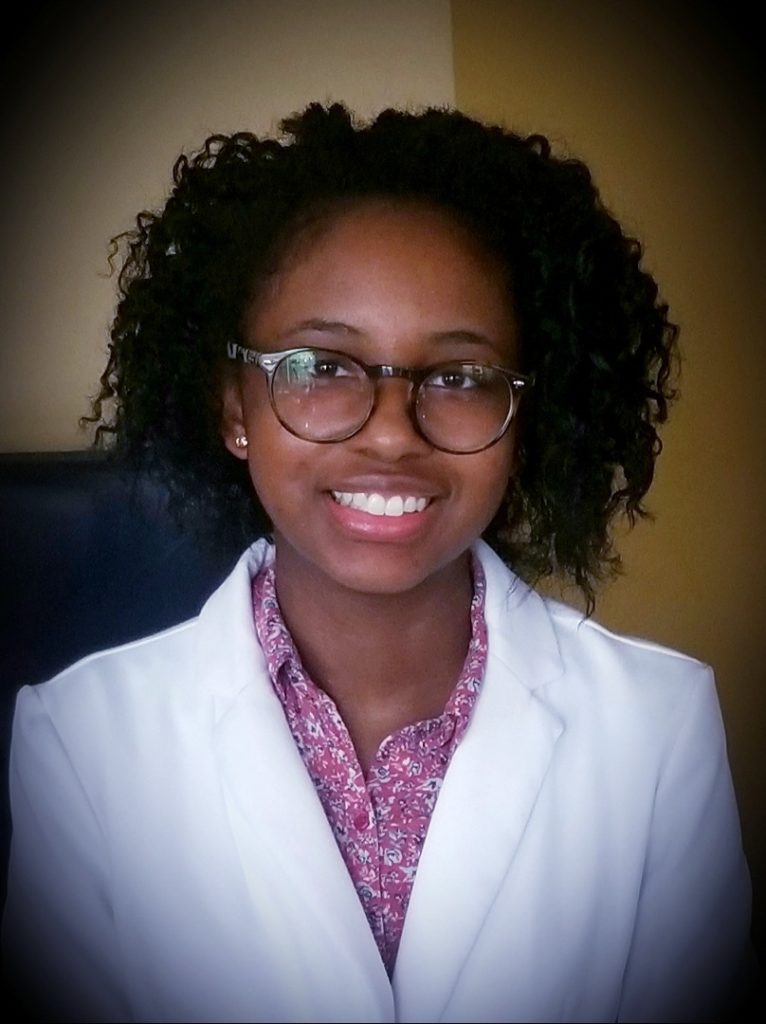 By: Ana Herndon, First Tee — Metro Atlanta
By: Ana Herndon, First Tee — Metro Atlanta
At First Tee, we encourage kids and teens to learn from one another and their mentors, empowering them to make a difference in their communities. By fostering these environments, golf becomes more than a game, it becomes a springboard for building up leaders. Ana Herndon, participant from First Tee – Metro Atlanta, took some time to share with us how First Tee helped her build these skills and why being a leader is important.
1. What is a leader?
Someone who works to ensure the success of others. One of my favorite quotes by the Chinese philosopher Lao Tzu said, “A leader is best when people barely know he exists. When his work is done, his aim fulfilled, they will say: we did it ourselves.” This quote sets the standards for my goals as a leader. I aspire to be a great leader, one who is humble and works well with others.
2. Why is leadership important?
It is a critical skill. A good leader builds people up and helps them unlock their fullest potential. You are like a candle lighting other candles so that they can shine where they go out into the world.
3. How old do you need to be to be a leader?
You are never too young or old to be a leader. It is more important that you care about what you are leading in rather than your age.
4. What three words come to mind when you think of a great leader?
Humble, diplomatic, and kind-hearted.
5. Who is a leader in your life?
My first golf coach taught me not just the fundamentals of golf, the grip, the stance, the posture but also what it means to have a go-to team. Being a leader means being determined, honest, humble, and kind. I use those core values he taught me not just in sports but in my academics and the relationships I have with others. Golf has been more than a game but a way of life. The First Tee program has built my foundation: not just as a good golfer, but a better person.
6. Who do leaders learn from?
Their peers. You cannot humanly expect to know everything. There will always be someone who understands it better than you. As a leader, it is important to find people’s strengths and embrace them.
7. Who can you go to for leadership advice?
Having a mentor is crucial in becoming a leader. When you have mentors that mirror yourself, you feel as though you could achieve what they have. To me, you cannot be what you have never seen.
8. How do leaders overcome challenges?
You have to be willing to ask for help. When I founded a new club, it was a challenge balancing being an effective leader and seeking help. I did not fathom how difficult it would be to start a club from the ground up. If I wanted this to be successful, I would have to ask for help, and it does not discredit my ability to lead.
9. What can you do that makes you a leader?
Invest in things that you are passionate about and pursue them! You will naturally find those that have a similar passion and will follow your lead. I know it might seem intimidating at first, but a leader is not someone with an absence of fear but leads despite it.
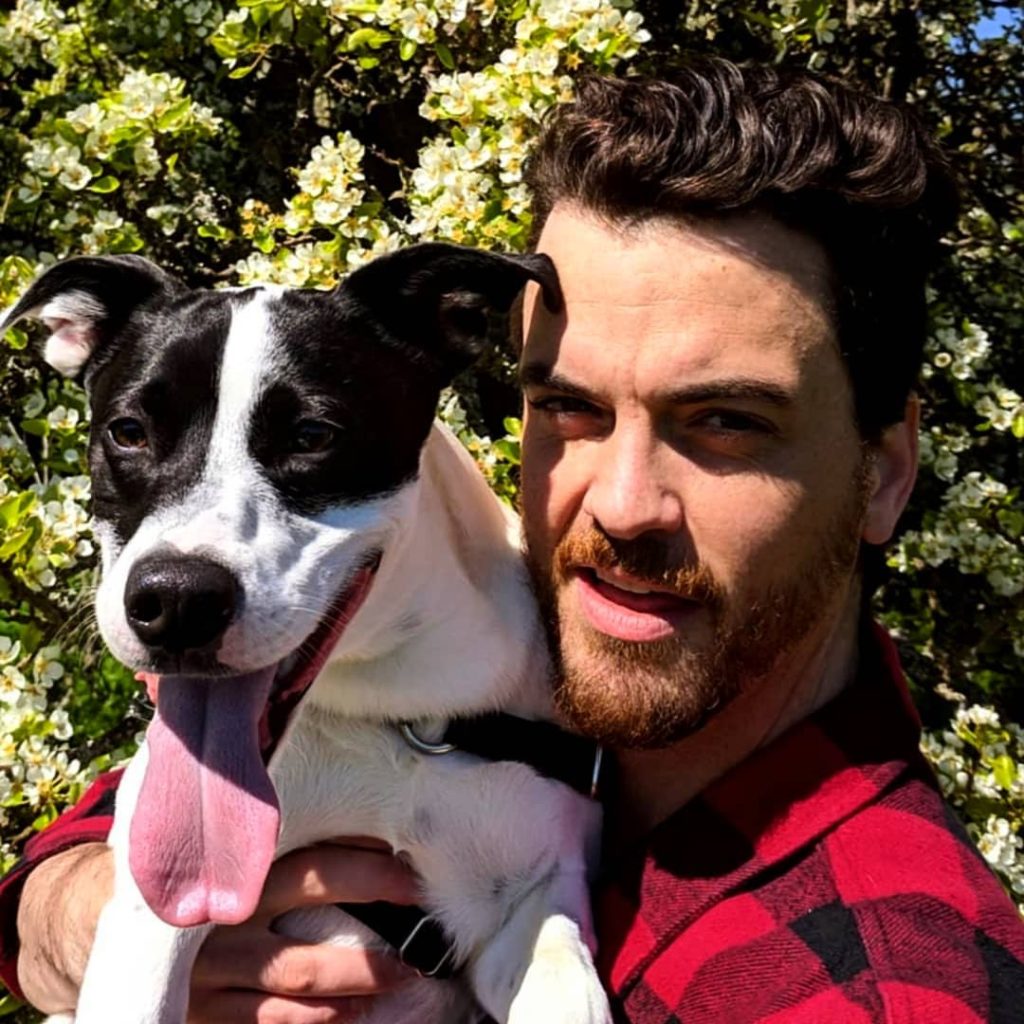 Coach Nic Thacker, First Tee – South Puget Sound
Coach Nic Thacker, First Tee – South Puget Sound
 Coach Nic Thacker, First Tee – South Puget Sound
Coach Nic Thacker, First Tee – South Puget Sound
 Coach Nic Thacker, First Tee – South Puget Sound
Coach Nic Thacker, First Tee – South Puget Sound
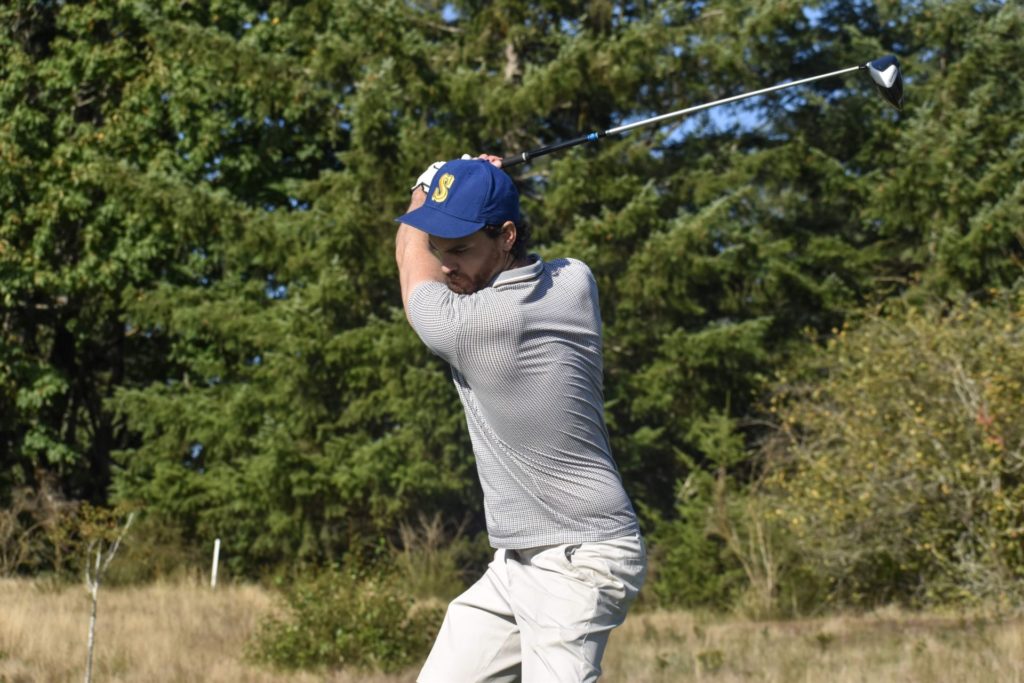 6. Who can you turn to if you need help?
6. Who can you turn to if you need help?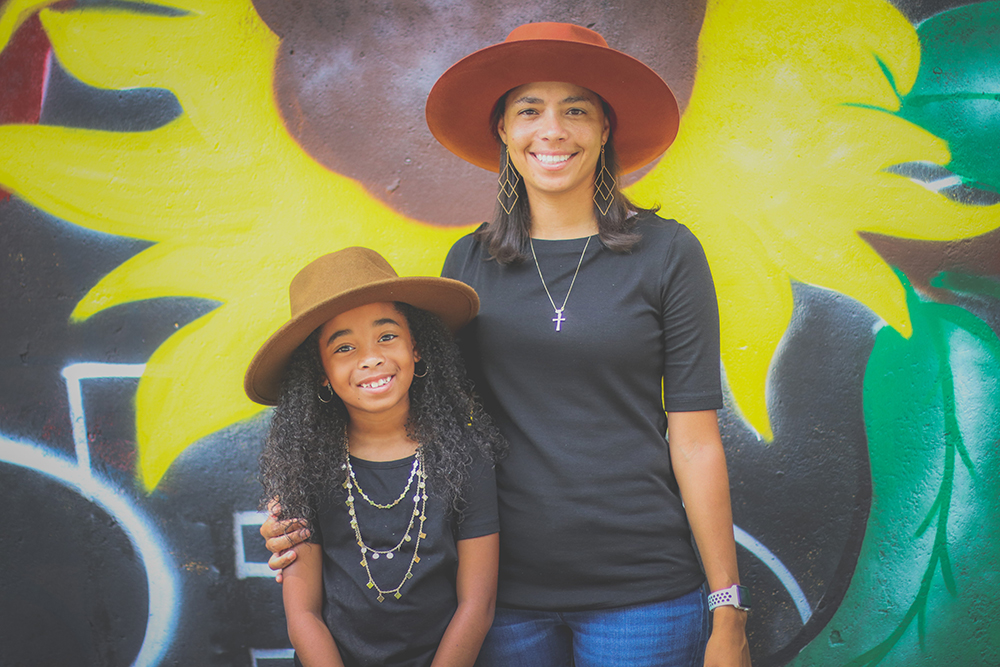
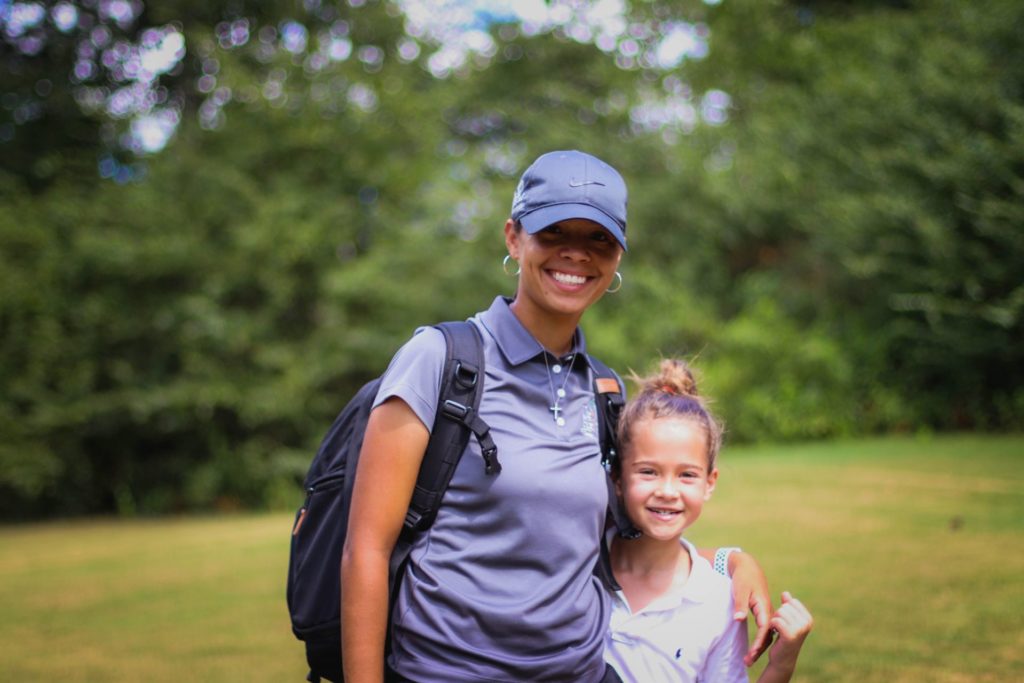 Can you give an example of a challenge you have faced in your career and how have you worked to overcome it?
Can you give an example of a challenge you have faced in your career and how have you worked to overcome it?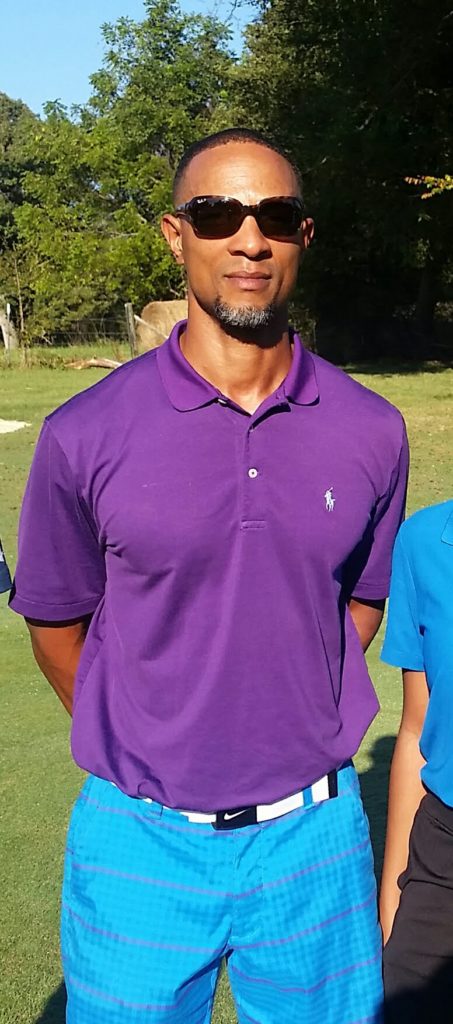 What is your current role at First Tee, how long have you been in that role and what is the most rewarding part of your job?
What is your current role at First Tee, how long have you been in that role and what is the most rewarding part of your job? 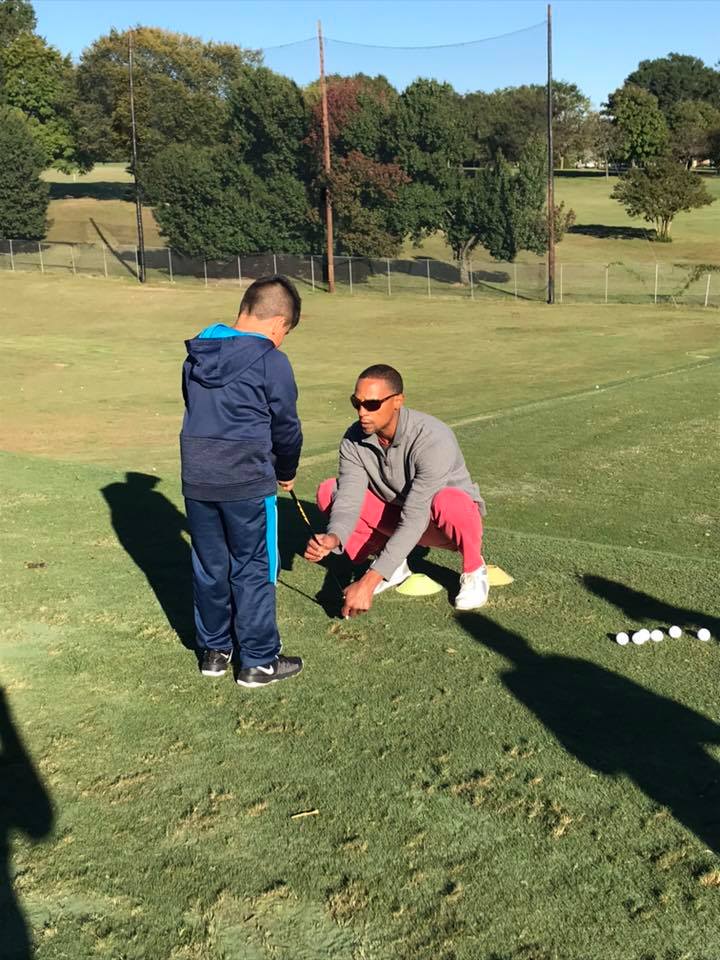 Can you give an example of a challenge you have faced in your career and how have you worked to overcome it?
Can you give an example of a challenge you have faced in your career and how have you worked to overcome it? Coach Angel has been an educator for 15 years. She earned a Bachelor of Arts in Psychology and a Master of Arts in Elementary Education from Hampton University, where she attended on a full NCAA Division I scholarship helping lead her team in March Madness.
After graduation, Coach Angel traveled extensively and was invited to speak on diversity and educational practices. She began her teaching career in Turkey, teaching English as a Second Language before going back home, to Akron, Ohio where she is currently an educator at the Lebron James IPromise school.
Coach Angel was introduced to First Tee 8 years ago when her son, John Ramon, joined the program. She joined in not long after and has been coaching at First Tee — Greater Akron for 7 years.
“I feel it is important to stay involved in the First Tee to offer the kids in my urban community the opportunity to play a sport that they may have not felt was in their realm of abilities. When we begin working with these athletes we open a whole new world for them while developing their character through the Core Values to instill a solid foundation for success. I also feel it is essential to have representation in the world of golf and being able to interact and develop friendships and perspectives with people in the golf community that may have otherwise never built a relationship with someone in the Black community such as myself.”
Coach Angel is just one of the many inspirational coaches across our network and we invite you to learn more about her journey and thoughts on leadership in the video below.
Coach Angel has been an educator for 15 years. She earned a Bachelor of Arts in Psychology and a Master of Arts in Elementary Education from Hampton University, where she attended on a full NCAA Division I scholarship helping lead her team in March Madness.
After graduation, Coach Angel traveled extensively and was invited to speak on diversity and educational practices. She began her teaching career in Turkey, teaching English as a Second Language before going back home, to Akron, Ohio where she is currently an educator at the Lebron James IPromise school.
Coach Angel was introduced to First Tee 8 years ago when her son, John Ramon, joined the program. She joined in not long after and has been coaching at First Tee — Greater Akron for 7 years.
“I feel it is important to stay involved in the First Tee to offer the kids in my urban community the opportunity to play a sport that they may have not felt was in their realm of abilities. When we begin working with these athletes we open a whole new world for them while developing their character through the Core Values to instill a solid foundation for success. I also feel it is essential to have representation in the world of golf and being able to interact and develop friendships and perspectives with people in the golf community that may have otherwise never built a relationship with someone in the Black community such as myself.”
Coach Angel is just one of the many inspirational coaches across our network and we invite you to learn more about her journey and thoughts on leadership in the video below.
 By: Ana Herndon, First Tee — Metro Atlanta
At First Tee, we encourage kids and teens to learn from one another and their mentors, empowering them to make a difference in their communities. By fostering these environments, golf becomes more than a game, it becomes a springboard for building up leaders. Ana Herndon, participant from First Tee – Metro Atlanta, took some time to share with us how First Tee helped her build these skills and why being a leader is important.
By: Ana Herndon, First Tee — Metro Atlanta
At First Tee, we encourage kids and teens to learn from one another and their mentors, empowering them to make a difference in their communities. By fostering these environments, golf becomes more than a game, it becomes a springboard for building up leaders. Ana Herndon, participant from First Tee – Metro Atlanta, took some time to share with us how First Tee helped her build these skills and why being a leader is important.
